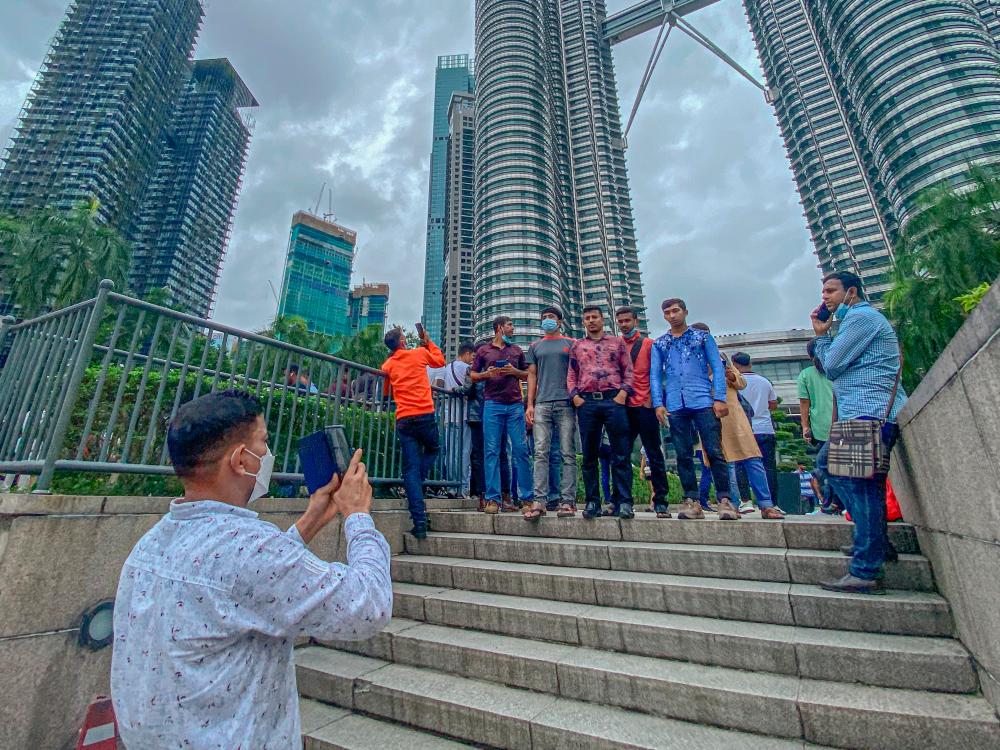PETALING JAYA: Respect for privacy is critical in the digital era, especially when there are no laws prohibiting the public from taking pictures or videos of other individuals, said lawyer Fatihah Iliani Jamhari.
She added that Section 4 of the Personal Data Protection Act 2010 focuses on business transactions, so the lack of a specific law protecting individual privacy in regard to photography or videography raises concerns when such images are misused or provide a misleading perception once uploaded on the internet.
“The Federal Constitution does not provide the right to privacy as a basic freedom of an individual. We do not have a law that enforces the right to privacy.
“It becomes a crime only if pictures or videos are misused for sexual or deceptive reasons.”
She said images taken in a public space is governed by the personal ethics of photographers and videographers.
“I don’t think enacting a photography-cum-videography law would help. Rather, it boils down to education on the importance of respecting privacy, even in public.”
A man was charged in January 2021 for insulting the modesty of a former Miss Universe Malaysia by posting offensive comments on her social media pages using a number of fake profiles.
It was also reported on July 23, 2020 that a woman had uncovered a Twitter account exploiting images of her and numerous other girls on Instagram.
Cases involving the promotion of sexual imagery are prosecuted under Section 509 of the Penal Code, which provides imprisonment for up to five years, a fine, or both.
Fatihah Iliani said obtaining consent for taking pictures or videos in public is unnecessary as there is no legally defined requirement for consent.
“If we were to honour the right to privacy as a personal right, we have to enact a law restricting commercial outlets from using pictures without consent. It would be almost impossible to control.”
According to Fatihah Iliani, confusion would arise between a photography-cum-videography law and Section 509, which criminalises sexual harassment.
“If the matter relates to online distribution of images taken in public, investigations would most probably be carried out by police. But they are not fully equipped to process and analyse digital content because their lab is only (located) in Kuala Lumpur and does not serve the whole country.”
Fatihah Iliani said it is not easy to initiate a civil suit for invasion of privacy involving non-sexual cases, as the courts can only apply what is adopted into the law.
She said in Malaysia, the invasion of privacy focuses on the professional duty to observe privacy and confidentiality such as in a lawyer-client or doctor-patient situation.
As long as the intent is not to promote any form of harassment, a stranger involved in street photography is not violating any law.
Independent photographer Muhd Fuad Nizam said there is a need for mutual understanding between a photographer, whether professional or otherwise, and the public when taking pictures.
He expressed concern that a photography-cum-videography law would affect his work.
“The law must protect the interests of all parties and consider all quarters, not just the people being photographed.”
He said it is up to society to understand the importance of privacy, as challenges abound for legal methods to hold people accountable for publishing images online without consent.









